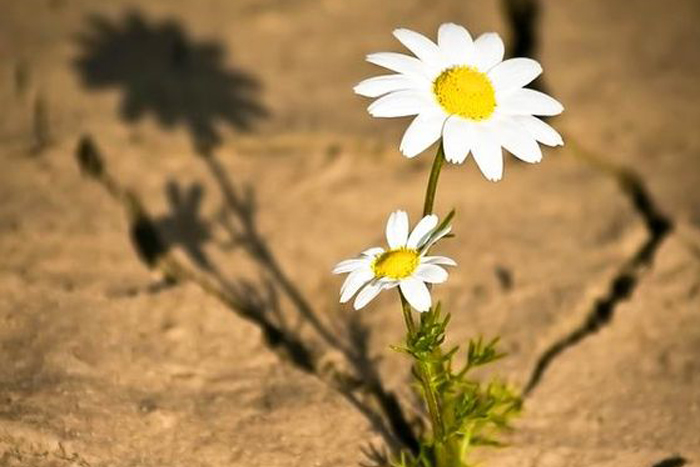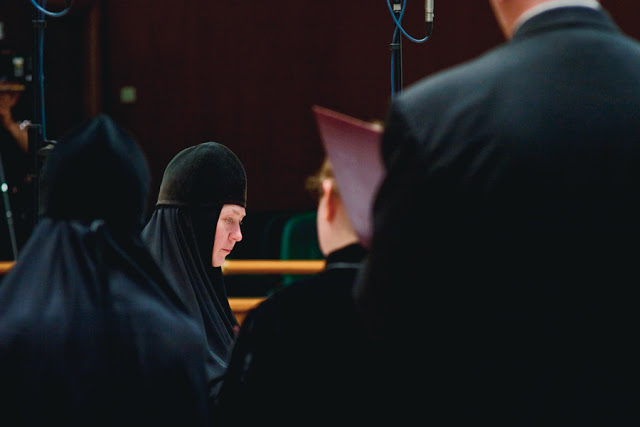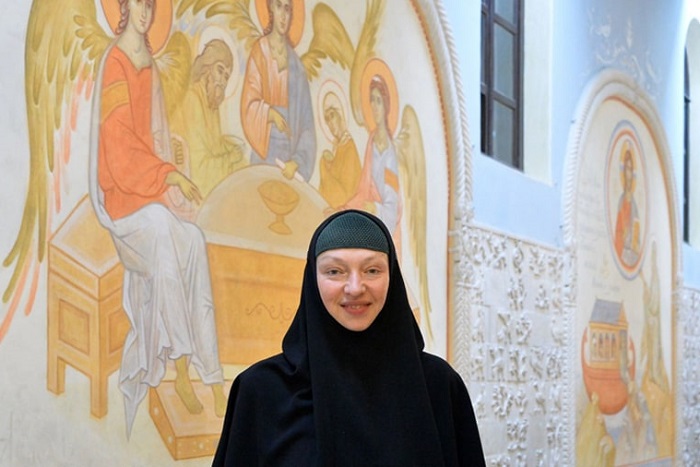
Another Planet
“It was extremely difficult for me to adapt to life in the Convent in all its aspects at first,” Nun Vera continues. “It’s like a meat-grinder physically, psychologically, morally, and spiritually. It was total thrash.
Can you imagine a socialite who had never worked in her entire life? I had never got up earlier than 11am or 12pm. I had never worried about finding sources of income. I could fly to Turkey on a whim at any time.
So first I suffered a lot but then there came a time when I began a new life – a wonderful, amazing, meaningful, and authentic life. I acquired absolute inner freedom in the Convent.
The life in the Convent is totally different. People who live here find the meaning of their lives in serving the rest of the world through various means. It’s like a different planet. On the other hand, this life is the usual kind of life. People remain people wherever they are.
The life in the Convent, roughly speaking, is a road. No matter how long it takes you to tread this road, there is a battle between your old self and your new self going on inside your heart. That’s a battle between the good and the bad inside you. Remember how Dostoyevsky said, The battlefield is the human heart.
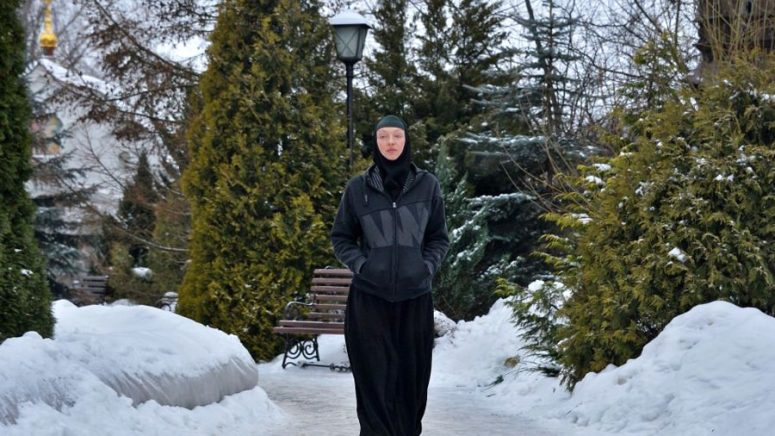
When The Soul Gets Flying
As a result of my troubled youth and the amount of drugs I had consumed, my organism was severely ruined. By 2011, it became clear that I had several serious diagnoses. Doctors told me that I had just a couple of years to live.
The onset of the disease was when I was on a trip to Europe, where we raised funds. I had a serious surgery; they literally cut my abdomen in pieces. Due to the fact that my immune system is so weak, it took almost a year for the seams to heal. Generally, no one thought that I’d stay alive but God had a different plan for me.
My diagnosis is a gift to my soul. God has various ways to touch the person’s soul if He wants to. I’m absolutely positive that it was the answer to my prayers asking God to help me to get rid of all unnecessary stuff and ideas as a nun.
It sometimes happens after the tonsure that grace leaves a person. Prior to that, God carries him or her in his lap but then there comes a time when the person has to act on his own. I came to realise that my soul was so soaked in sin that I was incapable of doing any good. It seemed that those thoughts could squash me.
It was only thanks to my disease that my soul was able to recover. When you’re terminally ill, you finally realise what’s important and what’s unimportant in this life.
Am I afraid of meeting my death? I’m a nun. I’ve already departed from the secular life. People don’t die twice. A monastic tonsure, if it’s carefully considered, is a very memorable event. When the bishop cuts off your hair, he also cuts off the strings that had tied you to this world. That’s the moment when you’ve got to die. That’s the moment when your soul gets flying, and nothing can hold it back. It flies like a bird, directly to God.
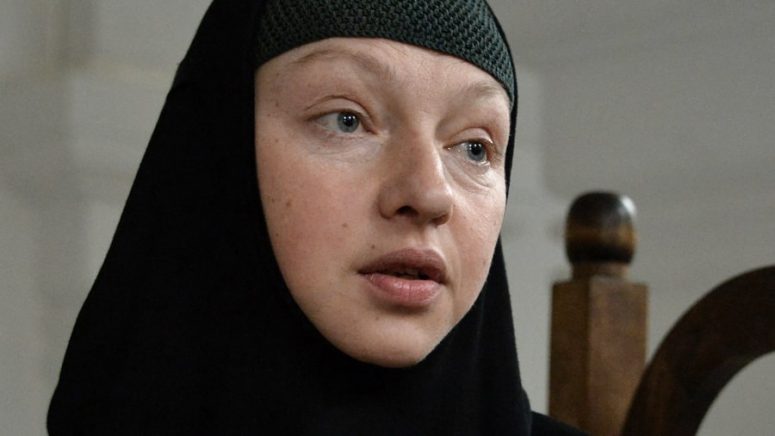
Fruit of Love
It is extremely easy to become happy. You’ve got to disregard yourself and face your neighbour. There can be no happiness where there is ego. Some Orthodox elders gave a fantastic piece of advice: Treat others as you wish to be treated.
It becomes easier not to condemn the other person for each misdeed. You already know the nature of this phenomenon. When a person has grace, he is an angel. When there’s no grace in that person, he is capable of doing all kinds of bad things. You simply start to sympathise with that person, knowing that his or her soul aches and suffers.
Eight years after I began my monastic life, I was blessed to carry out an obedience at the horse stable. It is located on the grounds of the rehabilitation centre of St Elisabeth Convent in v. Lysaja Hara, where we help the ‘lost’ people.
There are twelve horses at the rehabilitation centre. They are the fruit of love for the brothers. For me, the fruit is that the brothers change as a result of dealing with the horses.
I feel excited to see how people become more responsible. More remarkably, those are people who do not want to be responsible for anything in this life; they have abandoned their families and aren’t interested in their own children.
They run around with the colts, bottles and nappies, and don’t sleep at night when baby horses get ill. When one begins to do something not for one’s own sake and turns his face to the light, that’s the most precious.
However, there are certain difficulties, too. There are two hundred people who stay at the rehabilitation centre right now. That’s a lot. Those people could have frozen to death or kill each other in a drunk fight. Everything we do is supported with donations. We are in desperate need of external help.
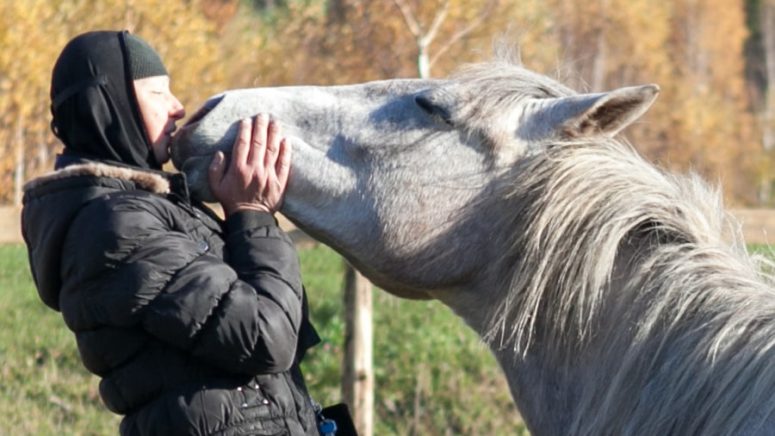
Gate and the Sky Above
Now I know that God never left me. He had always tried to get through to me. When we lived in Lviv, we were fond of going to Pochaiv at the weekends. We would get into our car, and my dad would take me in his lap, and I’d steer the wheel because I was too small to reach for the pedals.
We would come there early in the morning before the Midnight Office. I don’t know why my non-religious father, who claimed that he was an atheist, was so fond of going to Pochaiv. We would come to the church when only the monks were there.
I remember those impressions even now. The morning twilight, the silence, birds chirping, and a monk opens the monastery gate. And there’s the big blue sky above the gate. This gate opens an entrance into a different world. One’s soul knows and feels it for sure.
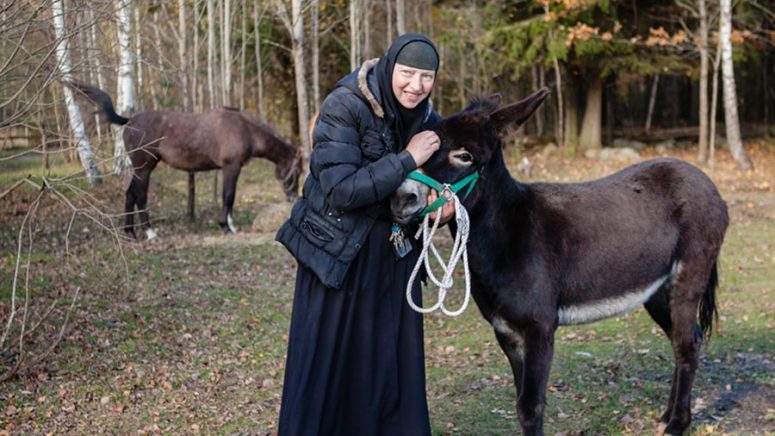
No one knows when your gate opens and you’ll be able to see that there is a different road in front of you. It’s a mystery but it usually turns out that it was open all the time, while you were banging your head against the nearby wall.
What is God’s love like? Imagine that you have a loved person. You have a photo of that person, which sits on a bedside table. You want to talk with that person and text them often. You want to know what goes on in their life. And you want that person to know what goes on in your life, too. You don’t want to do anything that could jeopardise your relationship. You value his or her relatives and friends. Everything that his or her life is filled with is important for you, too. It’s the same with God. However, you can only reach that level of intimacy only as soon as your soul is able to feel that your feelings are mutual. That’s what monasticism is about.
End of Part II

